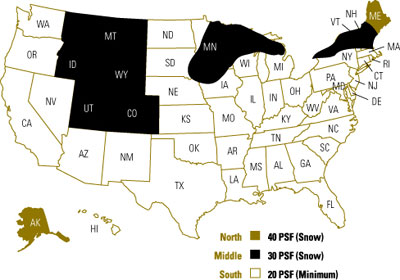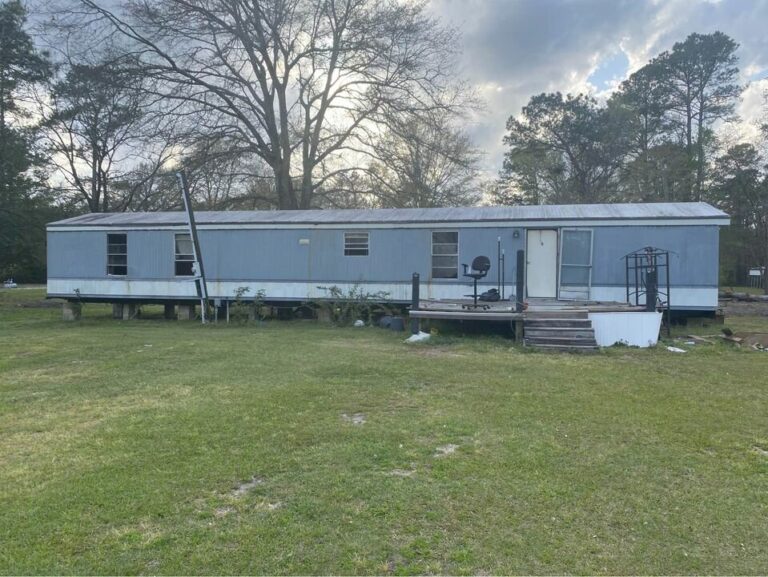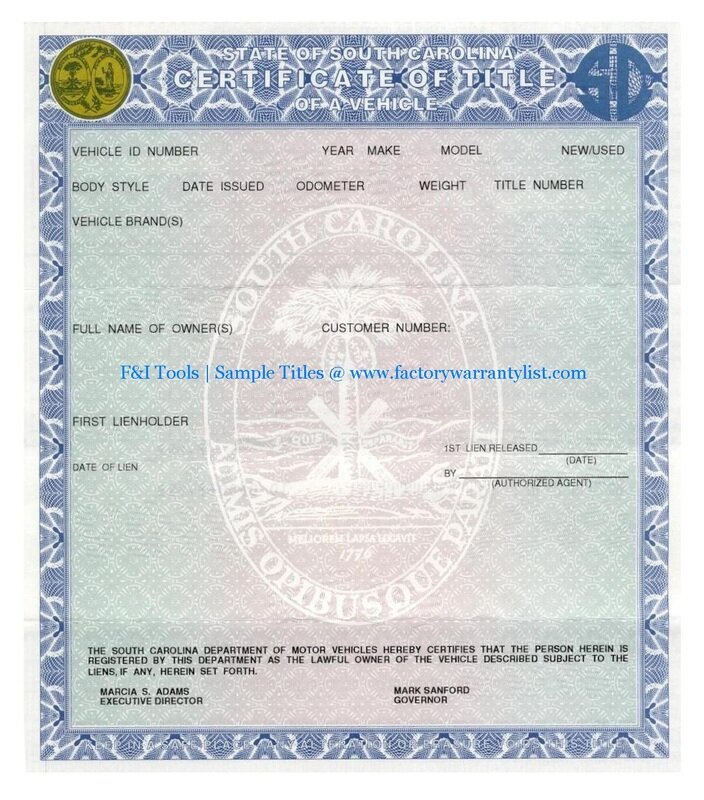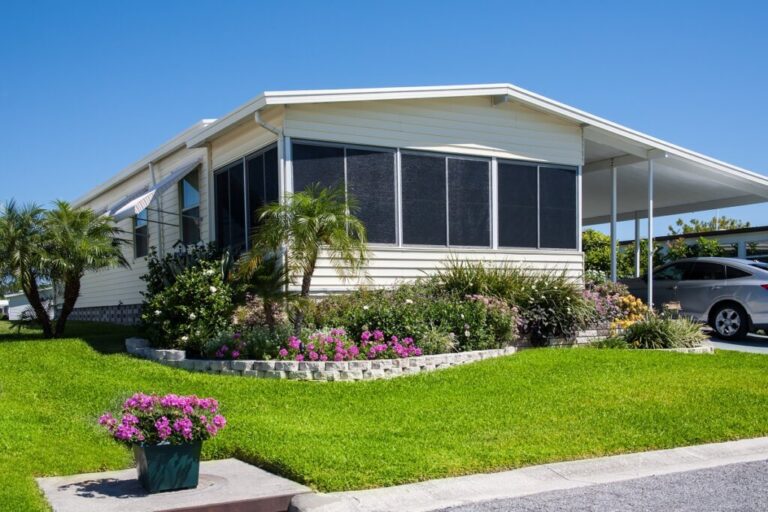Mobile homes are incredibly popular, with around 22 million Americans living in mobile homes instead of traditional homes, thanks to their affordability and comfort. Like any other residence, mobile homes require some protective measures against natural disasters like heavy rain and floods. While traditional homes require preparations to deal with natural disasters before they hit, mobile homes are more vulnerable to damage due to disasters. Natural disasters can result in structural damage, flood, mold growth, or other damage that puts your and your family’s life in danger. So, disaster preparedness is essential for your home to safeguard your mobile home. In this post, we’ll discuss how to prepare your mobile home for natural disasters in South Carolina.
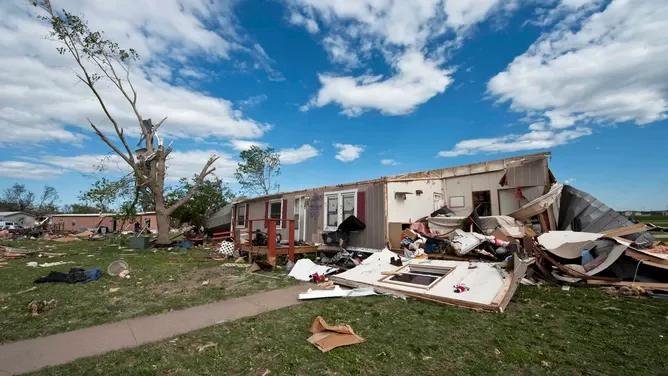
How To Prepare For Natural Disasters For Mobile Home Safety
Mobile homes are particularly vulnerable to natural disasters. But with the right preparations, you can safeguard your home.
Here are a few ways to prepare your home for a natural disaster.
Stay Informed For Preparedness
Start your disaster preparations by staying informed about the weather. Check weather reports regularly, and watch your local weather forecasts and warnings.
Stay informed about potential floods and heavy rains. Create an emergency plan with your family for emergency evacuations and a designated meeting point.
Reinforce Your Mobile Home
Reinforcing your home is crucial for preparing for natural disasters like hurricanes, floods, and tornados. Look into extra ways to strengthen your home. You can install storm stutters. Have your roof inspected to check for wind and rain damage and weaknesses.
Look into home assistance resources. Your state or local government may have programs to assist with the expenses and services associated with securing your home, such as the Gulf Coast State College Mobile Home Tie-Down Program.
Develop An Evacuation Plan
Staying in a mobile home can be dangerous during a high-wind event like a thunderstorm, tropical storm, hurricane, or tornado. So, knowing where and where to evacuate during such an event is the best way to protect your family and home.
Floods, hurricanes, and extreme wind disasters are the most common natural disasters in South Carolina, so having an emergency evacuation plan is crucial for your home’s and your family’s safety.
Review Your Insurance Policy
Check your insurance to see if it covers certain disasters like floods, earthquakes, and high-wind disasters. A lot of mobile homes don’t inherently cover flood-related damage. So check your insurance and talk to your insurance agent if you have any questions.
Prepare An Emergency Kit
Every mobile homeowner should prepare an emergency kit in case of a natural disaster. Your emergency kit should have medications, a first aid kit, water, non-perishable food, and important documents.
You should also consider keeping tools to reinforce areas like wall joints, glass doors, anchors, and boarding up windows.
Fortify Your Roof
To protect your mobile home from heavy rain, inspect your roof and ensure it’s in good condition. Check if all the seals around the vents and chimneys are intact. Ensure your roof is free of any leaks.
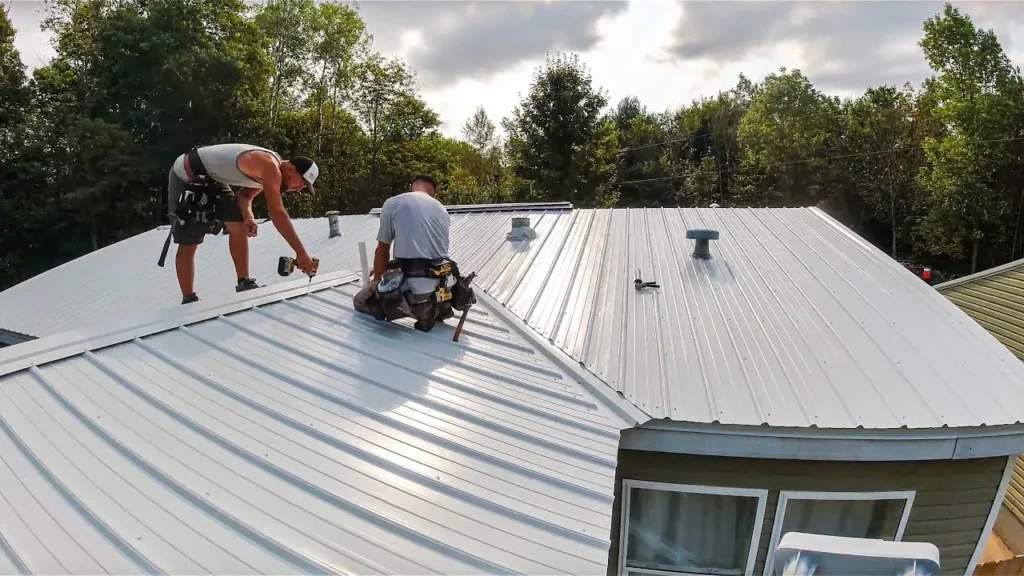
Clean the downspouts and gutters to prevent potential clogs leading to water pooling on the roof.
Enhance Your Mobile Home’s Foundation
Check your foundations for vulnerabilities or cracks. If there are any cracks, seal them to prevent water infiltration in your home. Hire a professional to repair if you need to.
Install skirting around the base of your home to prevent flood water from reaching the underbelly of your home.
Review Electrical Hazards
Electrical hazards can prove to be life-threatening during a storm or any natural disaster. Replace loose prongs, plugs, and frayed or cracked extension and appliance cords. Ensure there’s only one plug per outlet.
If you have to use an extension cord, ensure it is rated for the electrical load and only use it for as long as required. Cover exposed wirings and outlets. And remove any electrical chords running under rugs or over pipes, nails, or even heaters.
To Wrap It Up
Taking proactive steps to prepare your home for potential natural disasters is essential for the safety of your family and home. Stay informed and be prepared for any challenges you may face during a natural disaster.

